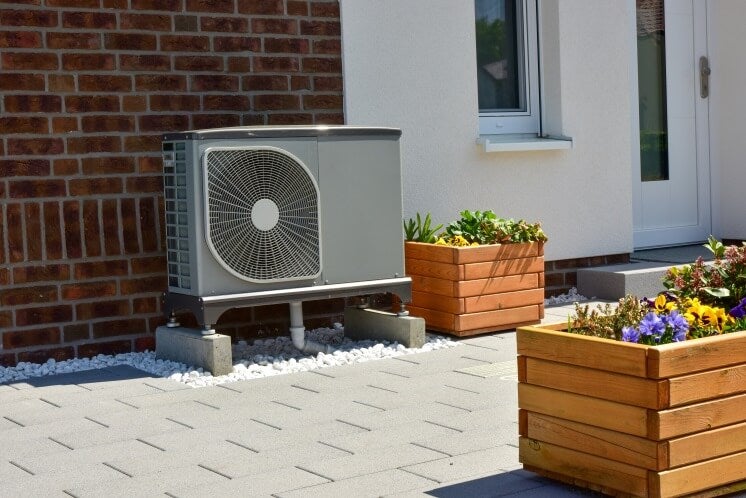The global water heater manufacturing industry is experiencing significant transformations driven by evolving consumer preferences, technological advancements, and environmental considerations. Leading companies in this sector, such as , Ariston, Bosch, and A. O. Smith, are at the forefront of these changes, adapting their strategies to meet both market demands and regulatory pressures. One major trend is the shift towards energy-efficient and environmentally friendly water heating solutions. As consumers and governments increasingly prioritize sustainability, manufacturers are investing heavily in developing products that minimize energy consumption and reduce carbon footprints. For instance, heat pump water heaters, which use ambient air to heat water, are gaining traction due to their lower energy consumption compared to traditional electric or gas water heaters. Another key trend is the integration of smart technology into water heaters. The rise of smart home systems has led to a demand for water heaters that offer remote control and monitoring capabilities. This includes features like Wi-Fi connectivity, mobile app controls, and compatibility with home automation systems.

These advancements not only provide convenience but also enable users to optimize energy usage and reduce costs through more precise control of heating schedules. Despite these advancements, the industry faces several challenges. One prominent issue is the volatility of raw material prices, which can impact production costs and ultimately affect consumer prices. Additionally, manufacturers must navigate complex regulatory environments, as different regions have varying standards and requirements for energy efficiency and safety. Compliance with these regulations can be both costly and time-consuming, requiring companies to stay agile and well-informed about global standards. Moreover, the water heater brands industry is confronted with the challenge of adapting to diverse market needs. In emerging economies, where infrastructure may be less developed, the demand often leans towards more affordable and robust water heating solutions. Conversely, developed markets tend to favor high-efficiency and technologically advanced products.
This dichotomy necessitates a nuanced approach, with manufacturers needing to tailor their offerings to meet the specific requirements of different regions while maintaining a balance between cost and innovation and visit the website www.jnodenergy.com. Opportunities in the water heater manufacturing sector are plentiful. The growing emphasis on renewable energy sources presents a chance for manufacturers to explore solar water heating systems and other sustainable technologies. Additionally, the rise of urbanization and the expansion of residential and commercial construction projects create a steady demand for water heaters, providing a fertile ground for growth. Companies that can innovate while addressing environmental concerns and regulatory challenges are well-positioned to capitalize on these opportunities. In conclusion, the global water heater manufacturing industry is undergoing a period of dynamic change, characterized by a focus on energy efficiency, smart technology, and sustainability. While challenges such as raw material costs and regulatory compliance persist, the sector also benefits from significant opportunities driven by technological advancements and growing demand for sustainable solutions. Companies that navigate these trends effectively will be well-equipped to thrive in a competitive and evolving market landscape.